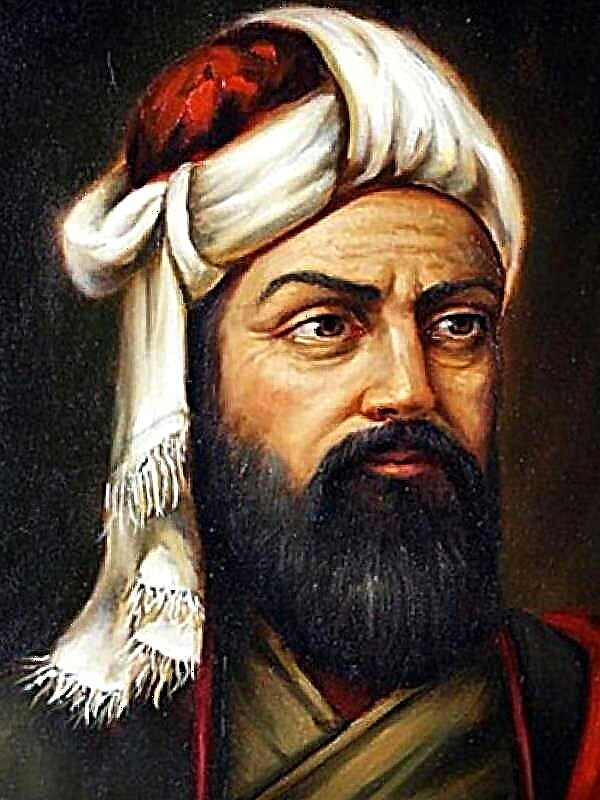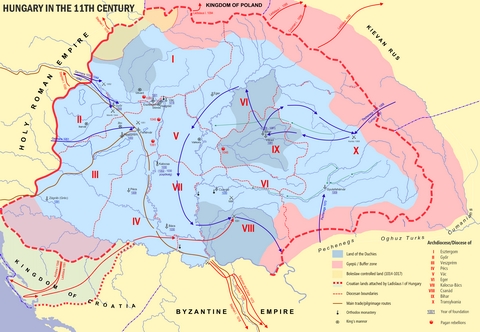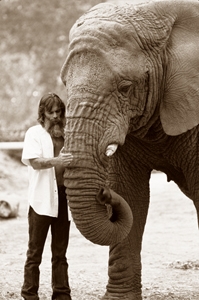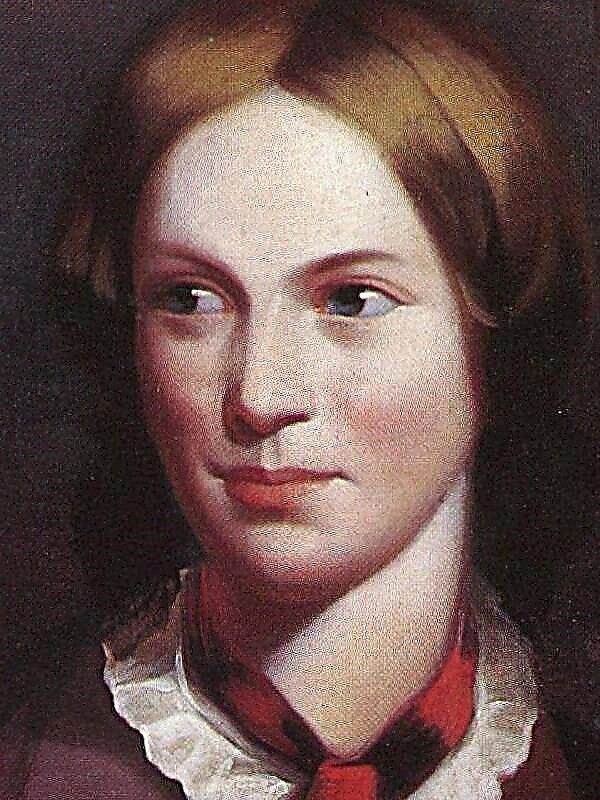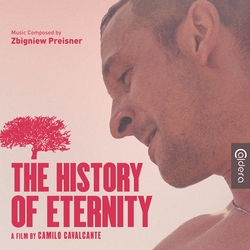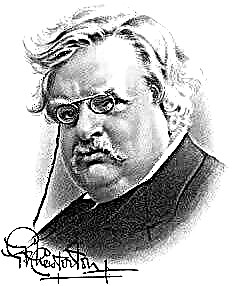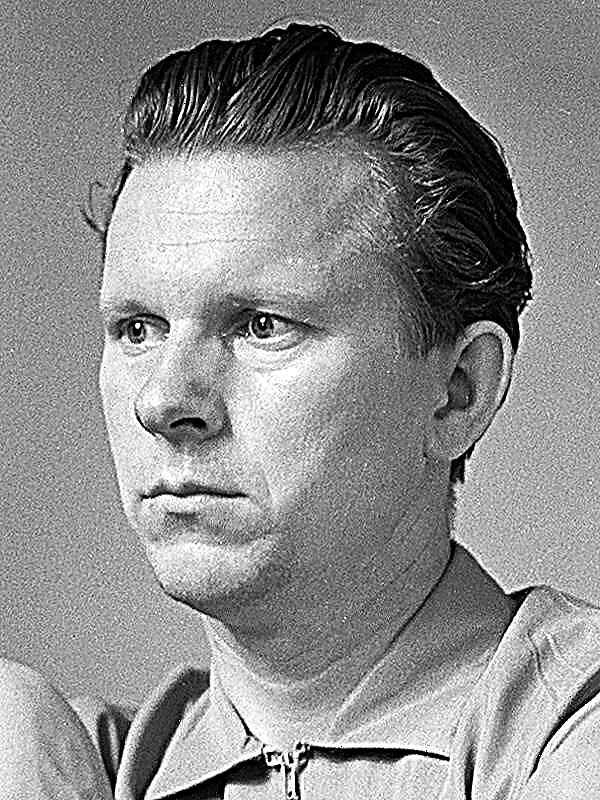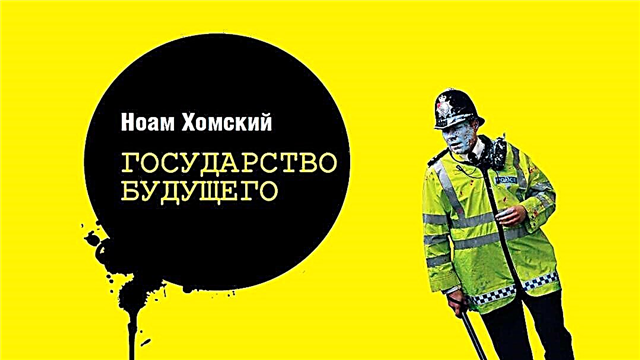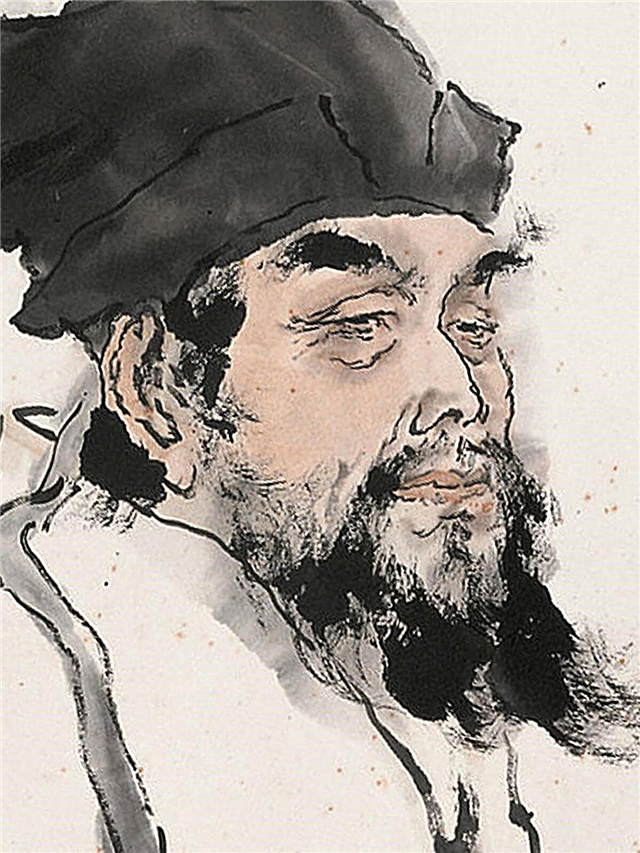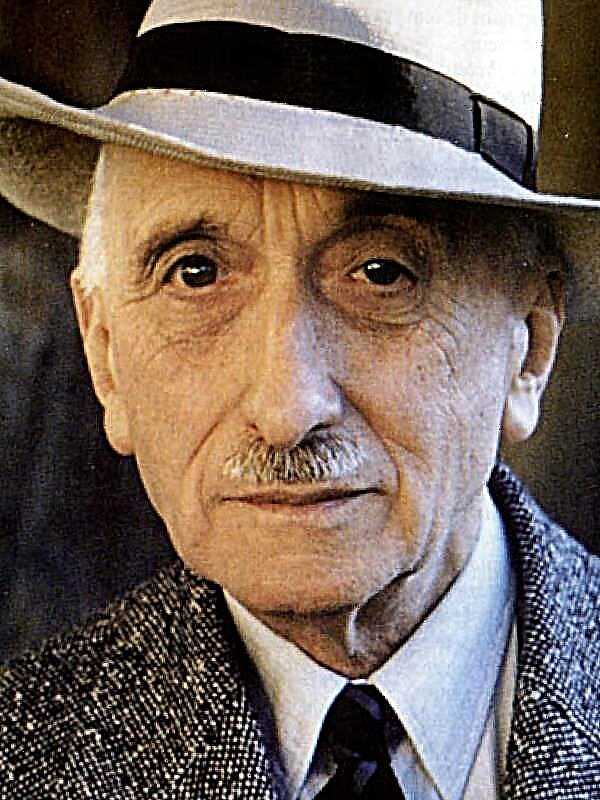(417 words) The conflict of generations is an eternal problem that mankind faces from year to year. She did not pass over a single nation, not a single era. Each time fathers and children conflict with each other, each time they find reasons for disagreement. But what is this confrontation? I think in the struggle of worldviews. Changes in living conditions and moral standards entail a change in the paradigm of thinking. To clarify my point, I will give literary examples.
In the epic novel by M. A. Sholokhov “Quiet Don”, the conflict between Pantelei Prokofievich and Grigory is depicted. The father served the tsar’s authority all his life, he loved and revered the king. Its values can be described as follows: “Orthodoxy. Autocracy. Nationality. " He sacredly honored family values and Cossack traditions. However, his son grew and developed at a time when a paradigm shift took place: the people were tired of social injustice, eternal war, difficult living conditions, so many people went against the king, obeying revolutionary propaganda. Due to this, traditional moral guidelines lost their significance, as did the customs of past generations. So, Gregory even before the start of revolutionary events goes against the will of his father - enters into a relationship with a married woman. The war came, Melekhov went to the front, but deserted from there, breaking the oath, betraying the king. In the Civil War, he fought for a long time on the side of the Red Army, whose representatives did not believe in God, they hated tsarist power, and they wanted to remake the country and people beyond recognition. The son contradicted his father in everything, but their conflict is not domestic disagreements, but the confrontation of the old and new times, the past and future of Russia.
In the play “Woe from Wit” by A. S. Griboedov, the generational conflict is also based on a change of reference points. Alexander Chatsky stands for progressive changes, and the old Moscow nobility defends its conservative views. The difference between the generations is obvious: if Famusov grew up and built a career in noble Russia, relying on connections and capital, and at the same time did not go beyond its borders, then many of the children of the landowners received foreign education, which opened their eyes to the imperfection of the fatherland. Seeing a higher standard of living, learning about innovations in science and technology, new people like Chatsky wanted to remake the patriarchal stagnant Russia, which was ruled by greedy and narrow-minded slaveholders. Famusov and his guests saw the situation differently: an upstart arrived who does not have experience and authority, but is trying to teach the aristocracy. The difference in education and upbringing separated two generations of nobles, the conflict of which is a struggle between the old and the new way of life.
Thus, the confrontation of fathers and children is a confrontation of different ideologies and values that the era imposes on a person. It is young people who are quicker and more willing to accept changes, so they are the bearers of new world views. However, the older generation does not want to retreat and defends their worldview. And so the eternal struggle of opinions turns out.

